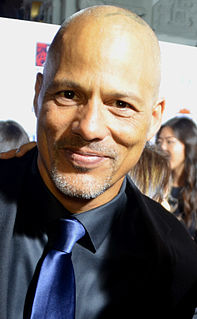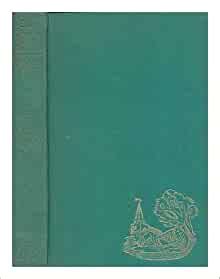A Quote by Tim O'Brien
What sticks to memory, often, are those odd little fragments that have no beginning and no end.
Related Quotes
In the camp, this meant committing my verse-many thousands of lines-to memory. To help me with this I improvised decimal counting beads and, in transit prisons, broke up matchsticks and used the fragments as tallies. As I approached the end of my sentences I grew more confident of my powers of memory, and began writing down and memorizing prose-dialogue at first, but then, bit by bit, whole densely written passages. My memory found room for them! It worked. But more and more of my time-in the end as much as one week every month-went into the regular repetition of all I had memorized.
Memory is the seamstress, and a capricious one at that. Memory runs her needle in and out, up and down, hither and thither. We know not what comes next, or what follows after. Thus, the most ordinary movement in the world, such as sitting down at a table and pulling the inkstand towards one, may agitate a thousand odd, disconnected fragments, now bright, now dim, hanging and bobbing and dipping and flaunting, like the underlinen of a family of fourteen on a line in a gale of wind.
Those final weeks, spanning end of summer and the beginning of another autumn, are blurred in memory, perhaps because our understanding of each other had reached that sweet depth where two people communicate more often in silence than in words: an affectionate quietness replaces the tensions, the unrelaxed chatter and chasing about that produce a friendship’s more showy, more, in the surface sense, dramatic moments.







































